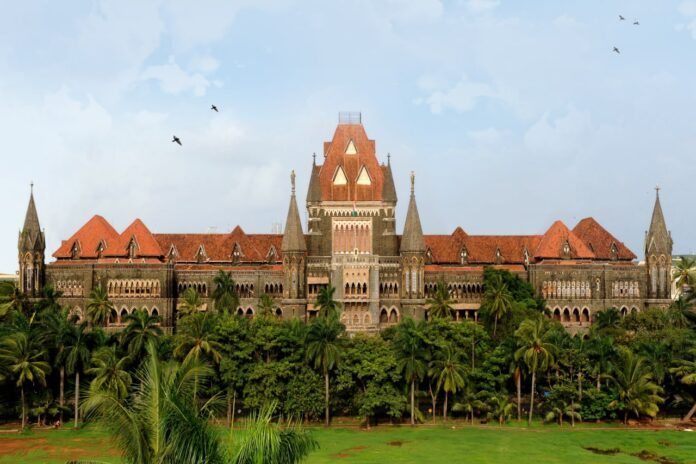A Public Interest Litigation (PIL) has been filed with the Bombay High Court by the Dynamic Dermatologist and Hair Transplant Association. The petition seeks action against Oral and Maxillofacial Surgeons who are reportedly performing aesthetic and hair transplant surgeries despite lacking proper qualifications for these procedures.
Controversial Guidelines
The PIL challenges guidelines issued by the Dental Council of India (DCI) on December 6, 2022, which permit Oral and Maxillofacial Surgeons—who are primarily dentists—to carry out aesthetic and hair transplant surgeries. The petitioners argue that these surgeons are not adequately trained or qualified for such procedures.
During the hearing, the division bench led by Chief Justice Devendra Kumar Upadhyaya and Justice Amit Borkar sought clarification on the status of the National Dental Commission of India (NDCI) as per the National Dental Commission Act, 2023. The bench decided to include the NDCI as a respondent in the case.
Medical Council of India’s Approval
Chief Justice Upadhyaya noted that the Medical Council of India had approved the guidelines, suggesting that such bodies have the expertise to determine the competency of professionals for specific procedures. He remarked that if the Medical Council finds Oral and Maxillofacial Surgeons competent, then the issue should be reconsidered.
Petitioner’s Concerns
The petitioners claim to have received numerous complaints from both the public and fellow practitioners regarding these unqualified surgeries. They argue that misleading advertisements by dental practitioners are attracting patients to inadequately trained professionals, potentially leading to harmful outcomes.
Request for Action
The petitioners have requested the court to:
- Withdraw the December 6, 2022, guidelines.
- Take action against dental practitioners who advertise hair transplant surgeries.
- Ban such advertisements.
- Form a committee to oversee and ensure that dental practitioners do not perform these surgeries.
As the case progresses, the court’s ruling could have far-reaching implications for both the medical and dental professions, potentially reshaping the regulatory aesthetic procedures in India


